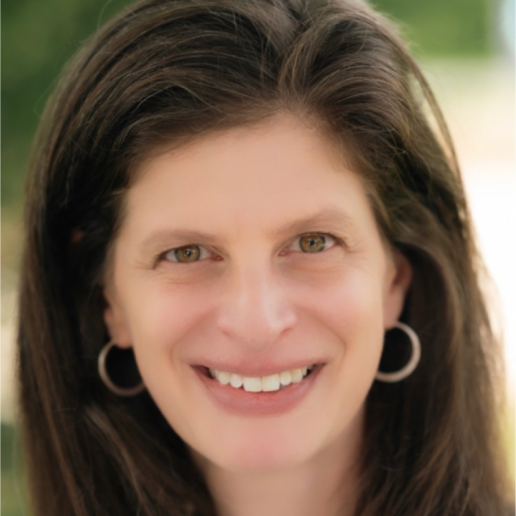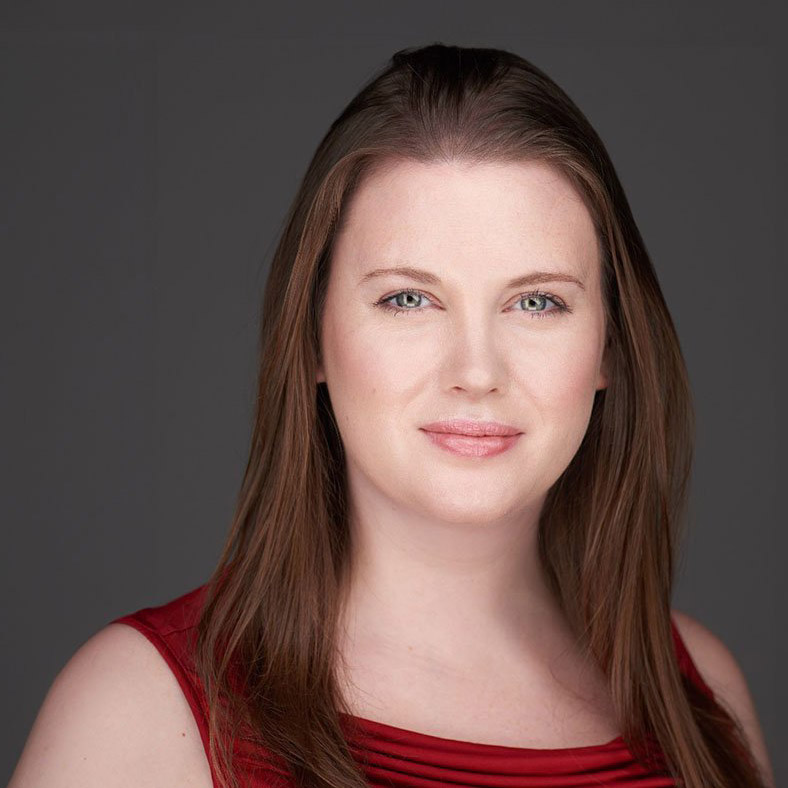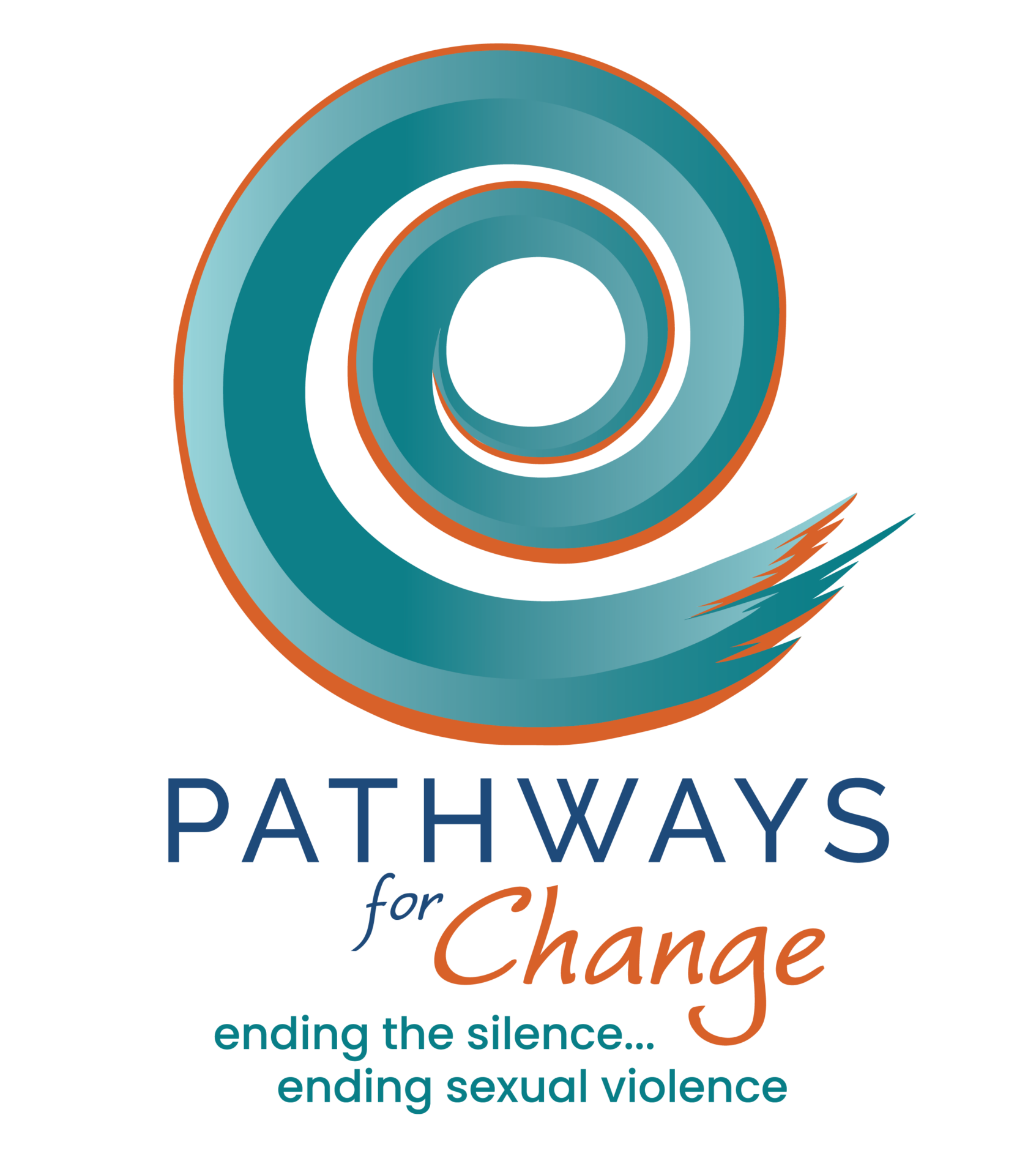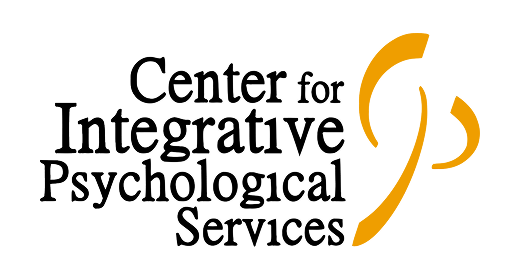AGENDA
Campus Sexual Misconduct Conference
June 11, 2025 | Virtual Event
June 11, 2025 | 9am to 3:15pm
Registraion Cost: $105
All times are in Eastern.
9:00 – 9:15
WELCOME AND INTRODUCTIONS
Meg Bossong, Executive Director
Tracey Vitchers, MS, Executive Director, It’s On Us
9:15 – 10:30

KEYNOTE: New Directions, New Opportunities in Sexual Misconduct Response and Prevention
Emily Rothman, ScD
This presentation will provide an overview of emerging trends in preventing and responding to sexual misconduct with a focus on undergraduates. Strategies that focus on alcohol use prevention and Greek life have been in use for decades—and are still important components of a comprehensive strategy. However, sexual misconduct prevention and response are taking new directions on some campuses. Attention to issues such as meeting the needs of neurodivergent students and disabled students, the influence of pornography on sexual and dating norms, providing support for those who have perpetrated or caused harm, are now emerging as important. This presentation will introduce audience members to these new topics in college campus sexual misconduct and focus specifically on one example of a training for college sexual assault counselors about autism that was developed by the speaker.
Emily Rothman is Professor and Chair of Occupational Therapy at Boston University College of Health & Rehabilitation Science, and a Professor at Boston University School of Public Health.
10:30 – 10:45
BREAK
10:45 – 12:00

PLENARY: Healthy Masculinity Online
Sloan Thompson, EndTAB
From group chats to gaming forums to AI-generated porn, online spaces play a major role in how young people—especially men and boys—learn about relationships, identity, and belonging. This session explores how digital culture can both reinforce and reshape harmful ideas about masculinity. We’ll discuss how university staff can support students navigating these spaces, promote healthy online communities, and intervene when online behaviors cause harm.
Sloan Thompson is Director of Training and Education at EndTAB.
12:00 – 12:30
LUNCH
12:30 – 1:45
CONCURRENT SESSION 1
1A: Navigating Safety and Re-entry: Strategies and Tools for Students with PSB Post-Harm
Felicia McCrary, LMSW, & Joan Tabachnick
Campus professionals and community-based clinicians working with students engaging in problematic sexual behavior are often confronted with the question, “How do we bolster the safety of this student and the campus?” This is relevant whether or not there is formal process moving forward, and especially when a student returns to the community post-adjudication. This session will explore two approaches. One is the University of Michigan’s Review and Reintegration program, which provides a pathway to a restorative return to the community for students eligible to return to campus post-suspension. The other is a Safety Planning guide from the Victim Rights Law Center, designed to offer staff at colleges and universities a practical tool to explore safety planning process for responsible students and students who have/or are concerned about engaging in sexual misconduct.
Felicia McCrary is the Assistant Director of SGBM Response Programs at the University of Michigan. Joan Tabachnick is a Senior Consultant at Klancy Street.
1B: Working with Respondents in Sexual Misconduct Cases: Perspectives from Practitioners
Julia Broussard, MSW, Megan Karbley, PhD, & Nadeeka Karunaratne, PhD
As more campuses move toward providing support services for respondents in campus sexual misconduct processes, it is important to identify effective strategies for this work. In this session, we discuss the findings and implications from a qualitative study with 24 practitioners who work with respondents. After sharing an overview of the study, including discussing the methodology and findings, we will dialogue with session attendees about the implications of the findings for their work and contexts.
Julia Broussard, Megan Karbley, and Nadeeka Karunaratne are on the McCluskey Center for Violence Prevention Research Team.
1:45 – 2:00
BREAK
2:00 – 3:15
CONCURRENT SESSION 2
2A: What Do We Know About Repeat Perpetration and Why Does It Matter?: Three Lenses
Tracy DeTomasi, MSW, David Prescott, LICSW, ATSA-F, & RaeAnn Anderson, PhD
For many years, campus professionals and researchers have tried to determine who accounts for the sexual harm that happens on campuses: is it many students engaging in behaviors once or infrequently, or a smaller number of students who are repeatedly engaging in harmful behaviors? The answer to that question is both a thorny research issue and critical to how we shape response and prevention programs. Project Callisto is an encrypted information vault that allows survivors to enter details of their experience, be connected to on- and off-campus options and resources, and potentially match with other survivors who identify the same responsible party. This session offers a review of current research and a conversation about the various lenses we need to use to figure out how to structure the best survivor support, treatment interventions, and where it points campus practitioners in prevention and early intervention work.
Tracy DeTomasi is from Project Callisto. David Prescott is Director of the Continuing Education Center at Safer Society Foundation. RaeAnn Anderson is an Assistant Professor of Nursing and Health Sciences at the University of Missouri -Kansas City.
2B: Sexual Misconduct by Women on Campus: What We Know, What We’re Learning, and How It Can Shape Practice
Denise Hines, PhD
The phrase, “Of course we know that people of any gender can be victimized and people of any gender can do harm” is common in campus presentations on sexual misconduct. But what is known about college women with problematic sexual behavior toward their peers, as well as the experience of survivors of all genders who are harmed by women? This workshop will close with a discussion of implications for prevention and response practices.
Denise Hines is Associate Professor in the Department of Social Work at George Mason University College of Public Health.
REFUND AND CANCELLATION POLICY: Refunds will not be given unless the conference is canceled. If you are unable to attend for any reason, you may designate a replacement. Please notify the conference coordinator as soon as possible of any changes via email at registration@masoc.net, or by phone at 413-344-0367.
Thank you to our sponsors






